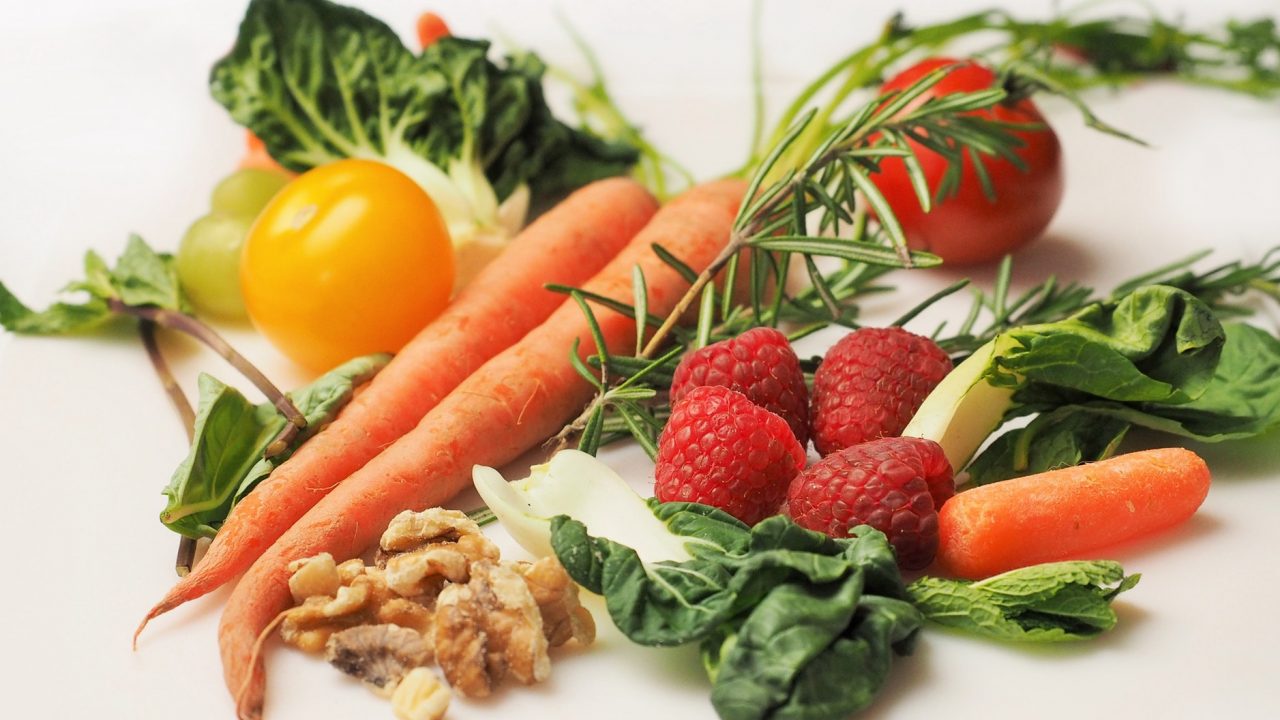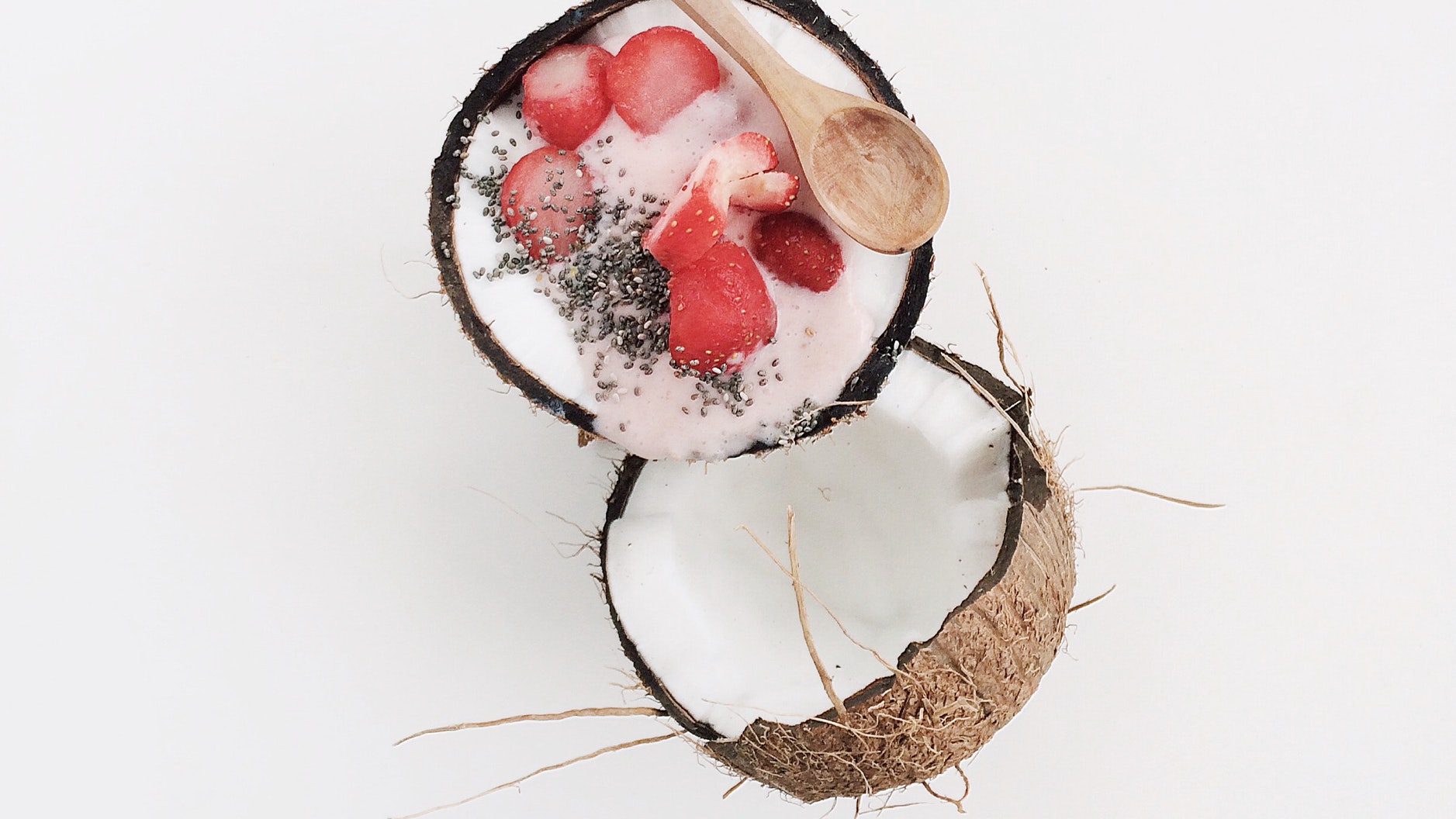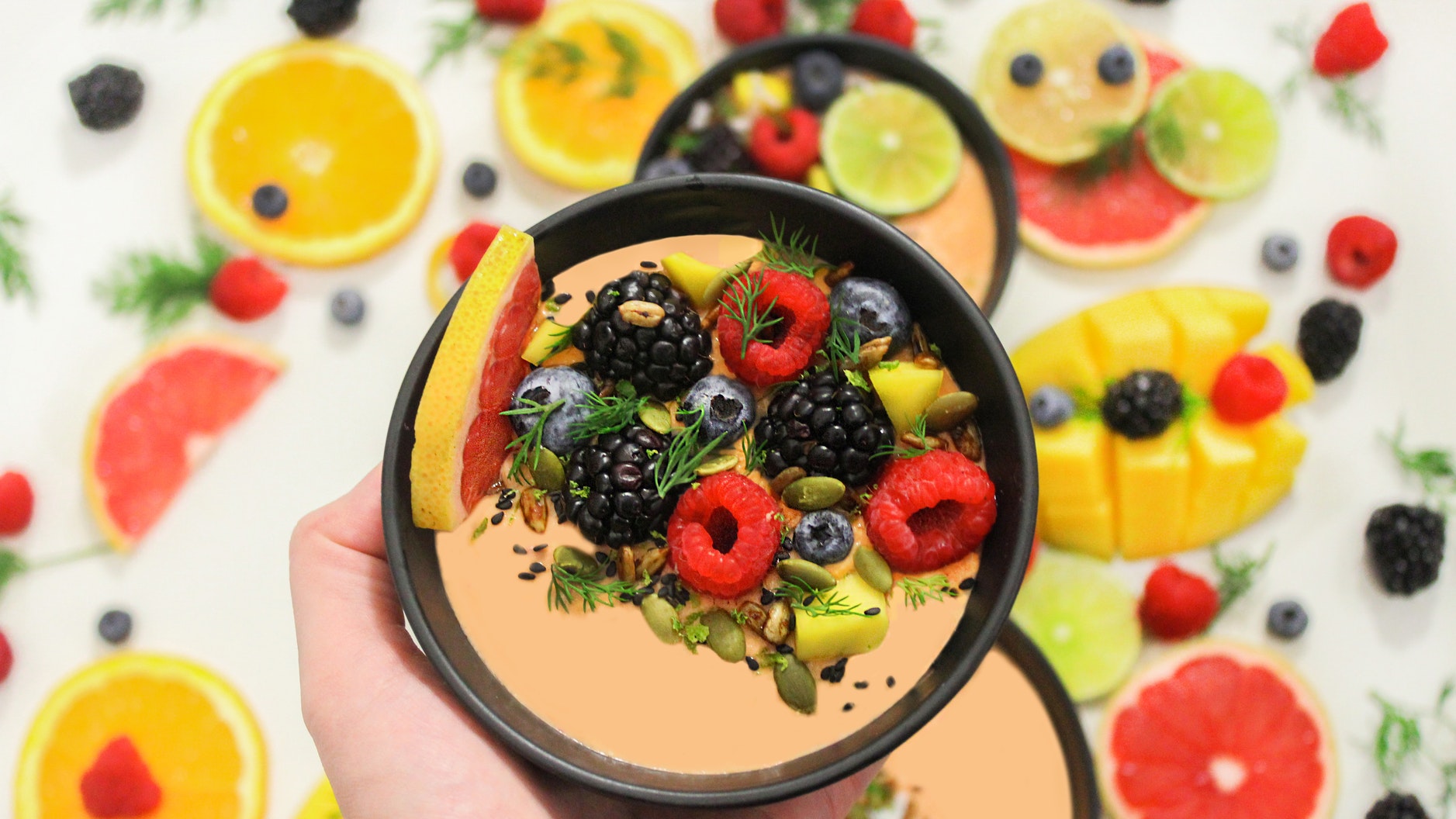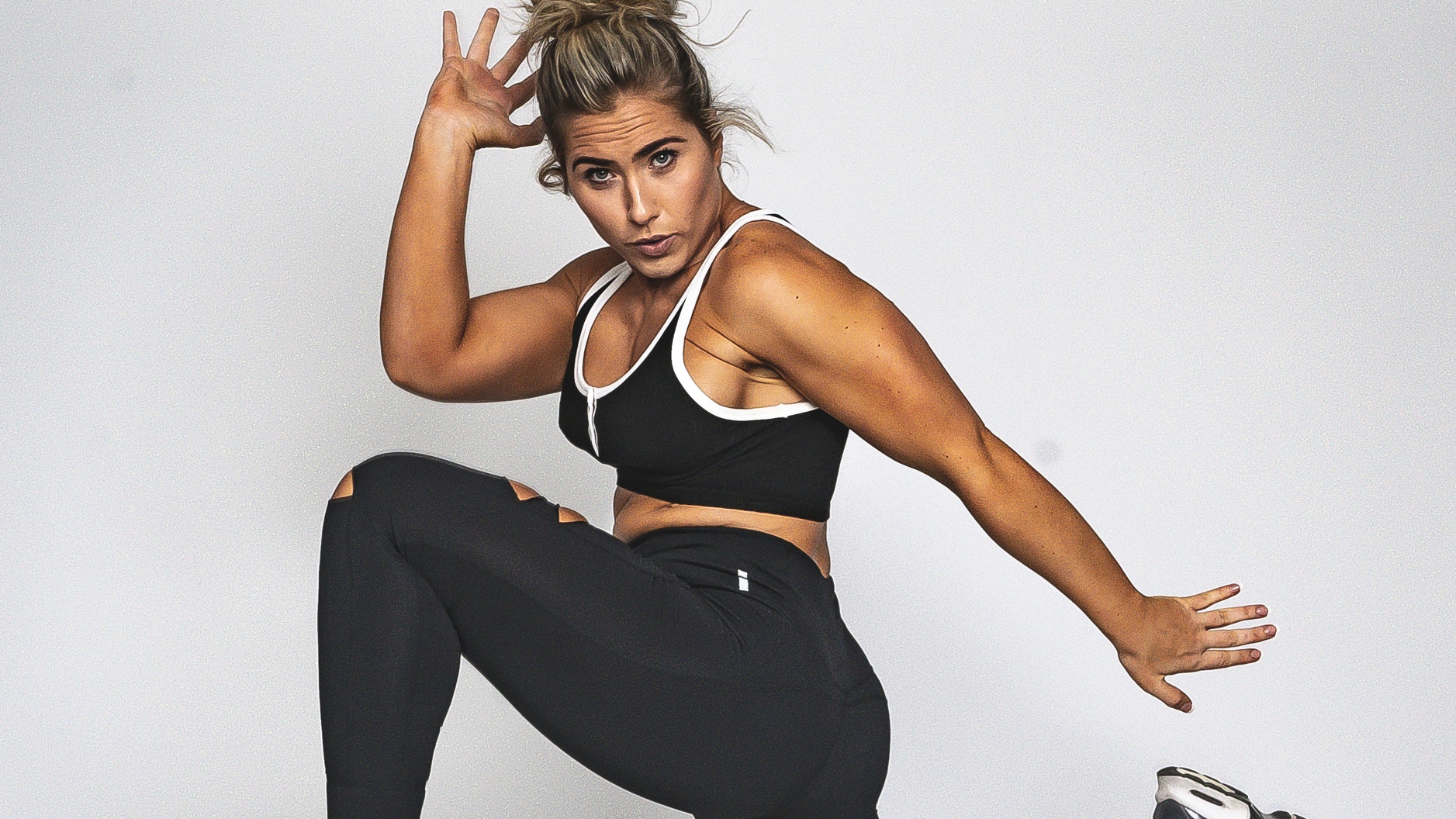
With the rise of the wellness movement, it’s no wonder more and more people are being conscious about what they eat. Instead of eating copious amounts of meat, it seems people are turning to a diet consisting mostly of plants. Over half of Americans are attempting to incorporate more plant-based meals in their diet. In fact, the number of vegans in the US rose from 4 million to 19 million between 2014 and 2017.
Many of us have family or friends that are vegan or have gone vegan. Some may know or have heard of people that are on a plant-based diet. These two terms are similar but different from each other. Let’s compare what each means in today’s society.
What is a vegan diet?
You have probably heard of vegetarianism and veganism before. Vegetarians eliminate meat from their diet, but vegans take it a step further and eliminate any animal products as well. For example, vegetarians might eat eggs and dairy products, but vegans won’t.
Vegetarians who eat fish are called pescetarians. Now, pescatarians don’t eat just fish but use seafood as their only meat source. Pescetarians usually eat animal products such as eggs and dairy as well.
However, being vegetarian or vegan doesn’t just mean not eating meat because it’s unhealthy. It is an ethical choice. In 1944, Donald Watson coined the term “vegan” to describe people who abstain from animal products for ethical reasons. Since the diet has become more popular, the term vegan has been used more widely. People have been using the term for reasons other than ethical issues: they use health and the environment as driving factors for being vegan.
How does it differ from a plant-based diet?
A plant-based diet consists of plants. It generally means one can only eat 100% plants, but sometimes some animal products are okay. This diet differs from a vegan diet in that this isn’t tied to ethical motivations. These ethical motivations extend past food to all aspects of life. Vegans abstain from all animal products, meaning they won’t wear any leather for example.
A plant-based diet also differs in the philosophy of foods they should be eating. While both diets are essentially plant-based, the plant-based diet specifically focuses on eating the healthiest form of foods. For example, french fries are technically vegan but they are not plant-based. Oils and processed foods are pretty much discouraged in the plant-based diet.
If you are thinking about going on one of these diets, consider the reasons why you want to go on the diet in the first place. If it’s an ethical decision, then veganism is a better route. But if health is the primary reason, then a plant-based diet might be better.
No matter what the diet, Modern Fit can provide tailored meal plans along with a tailored fitness plan to help supercharge weight loss and have you in tip-top shape.



